Not only Taoists but also eunuchs in the palace are often associated with the image of a horsetail whisk in their hands. So what is the function of this thing? Why do they have to hold it tightly in their hands?
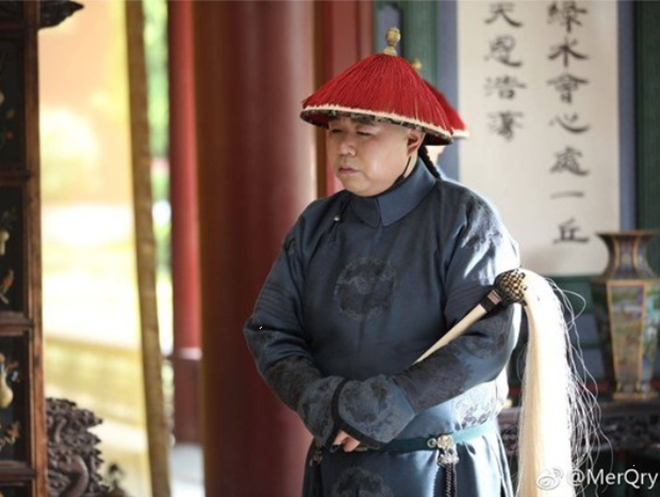
Many eunuchs in the palace always hold a duster in their hands. (Photo: Sohu)
Eunuchs were men who underwent a painful castration process. The purpose of this was to allow them to enter the palace to serve the emperor and his concubines. Serving the masters could be very busy, but many eunuchs always carried a whisk in their hands.
The eunuch holding a whisk is influenced by the visual style of Peking Opera and Cantonese opera - two famous Chinese cultural forms. In Peking Opera and Cantonese opera, the eunuch is a role that has the same costume and face paint as other roles, so he is given a whisk to help the audience easily distinguish the character.
In folklore, the whisks are usually made of wood, about 50 cm long, with jute or fur attached to one end. They are often used for cleaning and repelling insects. The whisks used by eunuchs are more elaborately decorated.
The eunuchs’ whisks had similar uses. In feudal times, eunuchs were also servants, taking on large and small tasks in the palace, and sweeping dust was obviously one of them. Therefore, they needed an item that was both light and not too cumbersome so that they could easily take it out to clean the palace. The whisk was the most suitable.
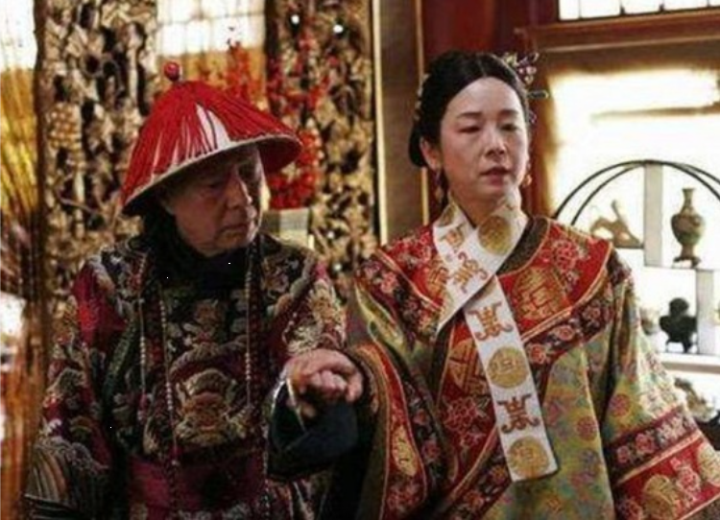
Eunuchs are the ones who serve their masters and take on big and small tasks in the palace. (Photo: Sohu)
Eunuchs used the whisk to dust and clean the objects in the places the emperor was about to visit. If the emperor had dirt or dust on him, the eunuchs could only use the whisk and not use their hands to clean it.
In addition, the eunuchs' whisks also have many other uses. In the palace, not every eunuch is allowed to hold a whisk. In fact, only high-ranking and middle-ranking eunuchs who are close to the emperor are allowed to use one. The reason is that the whisk is also a symbol of ceremonial power for eunuchs.
The ceremonial staff was originally an instrument for the guards and those who accompanied the emperor during the procession, such as weapons, fans, umbrellas, flags, etc. Therefore, the whisks of the eunuchs were also divided differently. The higher the quality of the whisks held by the eunuchs, the more they showed their noble status. High-quality whisks were often made from agarwood and horsetail or deertail hair, while the inferior ones were made from ordinary wood.
In emergencies, the eunuchs' whisks could be used as makeshift weapons. If a dangerous situation arose and an assassin appeared, the eunuchs holding the whisks would use them as weapons to fight back, buying time for the guards to come to the rescue.
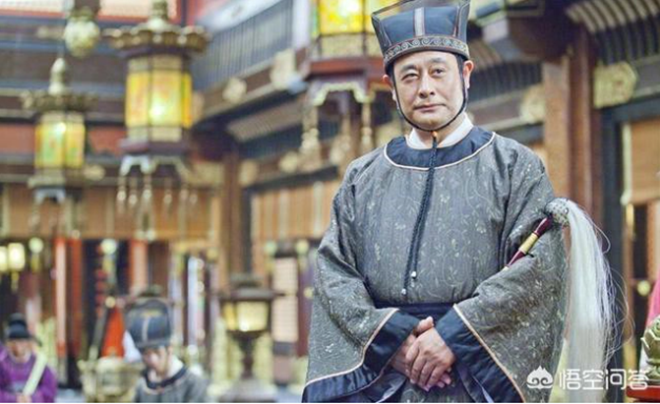
The duster in the hands of eunuchs has many uses that few people know about. (Photo: Sohu)
In addition, the horsetail whisks are also considered a reminder for eunuchs. They are the ones who are often close to concubines and maids in the harem. To ensure that they will not do anything inappropriate, people have come up with the idea of holding horsetail whisks in their hands. In Taoism and Buddhism, horsetail whisks also have the meaning of breaking away from the mundane world. Holding a horsetail whisk in hand will also make eunuchs forget all improper thoughts.
Finally, the horsetail whisk is also a magical weapon. Eunuchs holding the magical weapon followed behind the emperor or concubines, which could dispel bad luck and bring good luck to the emperor.
Over time, the horsewhip became an essential tool for eunuchs. Later, because of its functionality and popularity, the horsewhip was also used as a whip to punish those who violated the rules in the palace. In the harem, if someone did not keep the rules, the eunuchs could also use the horsewhip to punish them.
Quoc Thai (Source: Sohu)
Useful
Emotion
Creative
Unique
Wrath
Source





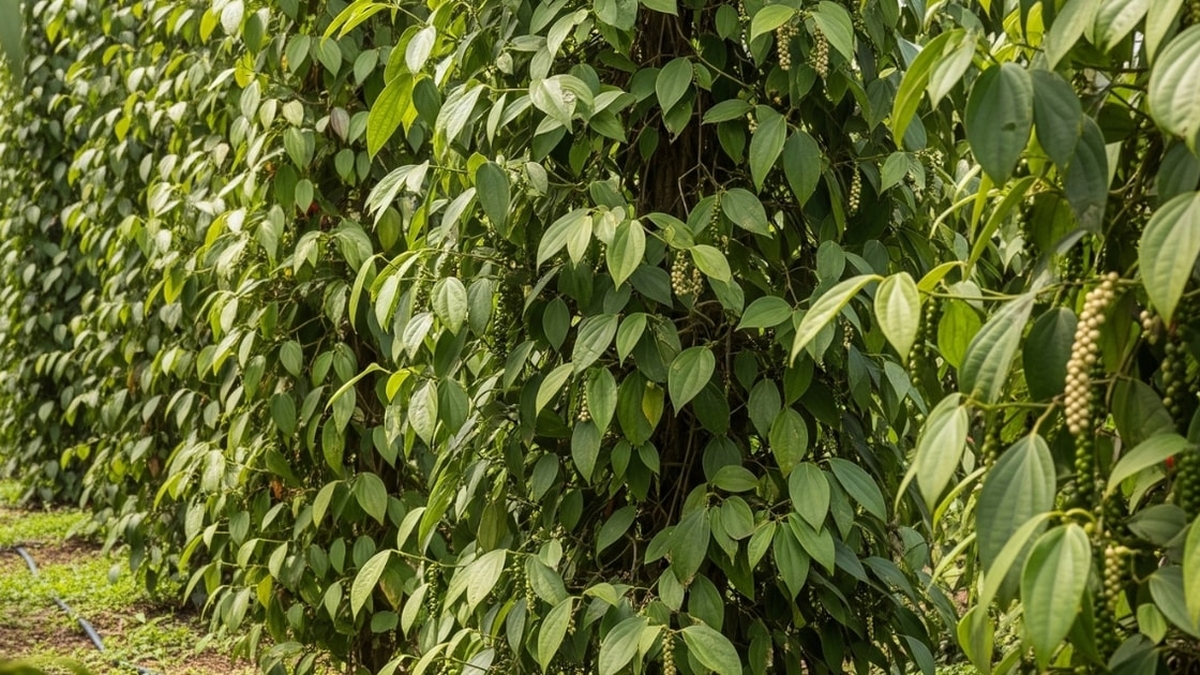
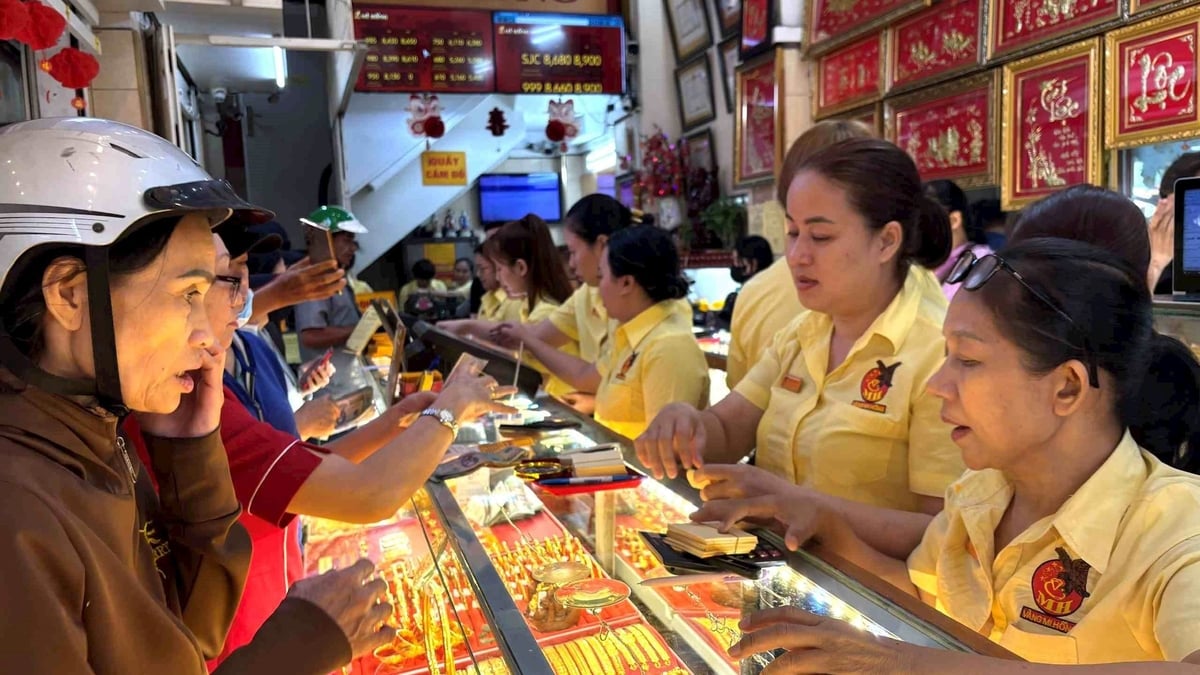


















![[Photo] National Assembly Chairman attends the seminar "Building and operating an international financial center and recommendations for Vietnam"](https://vphoto.vietnam.vn/thumb/1200x675/vietnam/resource/IMAGE/2025/7/28/76393436936e457db31ec84433289f72)










































































Comment (0)